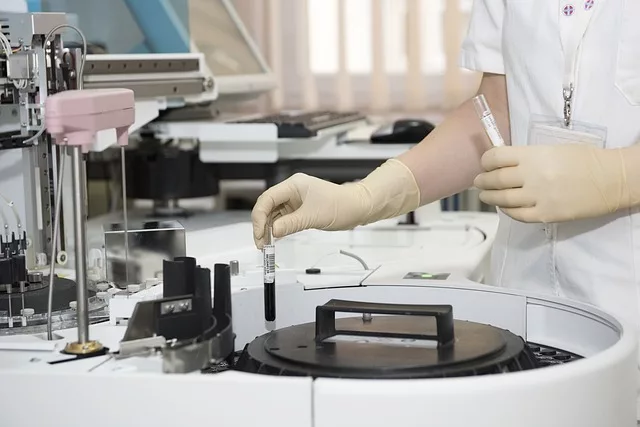SERVICE Act Offers Veterans Expanded Breast Cancer Screening Options

Many have heard of the PACT Act, legislation created to offer qualifying veterans and their families compensation for service-connected toxic exposures. But there’s another law, known as the SERVICE Act, operating in a similar way but focused on breast cancer screenings for veterans.
PACT Act and SERVICE Act: What’s the Difference?
According to VA.gov, the PACT Act “expands VA health care and benefits for Veterans exposed to burn pits, Agent Orange, and other toxic substances.”
The SERVICE Act, also known as the Dr. Kate Hendricks Thomas Supporting Expanded Review for Veterans in Combat Environment, offers expanded breast cancer screening eligibility for veterans.
It’s similar to the PACT Act in that it recognizes duty-related toxic exposures as being a potential cause for serious disorders. The SERVICE Act focuses on breast cancers that may result from such exposure.
According to the VA official site, SERVICE Act benefits include breast cancer risk assessments and “clinically appropriate mammograms” for veterans who have experienced toxic exposures in the line of duty.
VA Secretary Denis McDonough says, “VA is committed to providing state-of-the-art breast cancer services to all eligible Veterans. Through the SERVICE Act, we honor Dr. Kate Hendricks Thomas and other Veterans whose service to our nation may have exposed them to life-threatening toxins…”
McDonough made this statement in a VA press release announcing SERVICE Act help for veterans.
A Brief History of the SERVICE Act
The SERVICE Act honors Dr. Kate Hendricks, a Marine veteran who was deployed to Iraq in 2005, where according to VA.gov, “she was exposed daily to a burn pit on base. In 2018, she was diagnosed with stage 4 breast cancer. She died on April 5, 2022, at the age of 42.”
The SERVICE Act is named after Hendricks and was signed into law in 2022. VA.gov says of the SERVICE Act, “Although no direct link has been found between toxic exposure and breast cancer, VA is concerned about tragic individual cases, such as that with Thomas, and continues to support research and examine case data.”
The Department of Veterans Affairs has committed to expanding breast cancer risk assessments but also to learning more about where additional toxic exposures may have occurred.
The VA works in partnership with the Defense Department “to identify additional locations and time periods of service for toxic exposure, beyond those indicated in the current law. This will expand eligibility for these services in the future,” according to the VA.
Another Important Law: MAMMO
The Department of Veterans Affairs has also taken steps to ensure expanded breast cancer screenings and related options for veterans in rural areas.
The MAMMO Act, also known as the Making Advances in Mammography and Medical Options for Veterans Act, provides VA breast cancer screening services to rural vets as well as veterans with paralysis, spinal cord injuries, or other disorders. The goal is to provide these services to veterans with difficulty traveling to receive this care.
Breast Cancer Screening Options for Those Not Enrolled in VA Healthcare
Veterans who are not currently enrolled in VA healthcare may still qualify for breast cancer screenings thanks to SERVICE Act guidelines. Contact the Department of Veterans Affairs as soon as possible to learn more about your options.
Related: Comprehensive Military Benefits Guide
About the author
Editor-in-Chief Joe Wallace is a 13-year veteran of the United States Air Force and a former reporter/editor for Air Force Television News and the Pentagon Channel. His freelance work includes contract work for Motorola, VALoans.com, and Credit Karma. He is co-founder of Dim Art House in Springfield, Illinois, and spends his non-writing time as an abstract painter, independent publisher, and occasional filmmaker.


